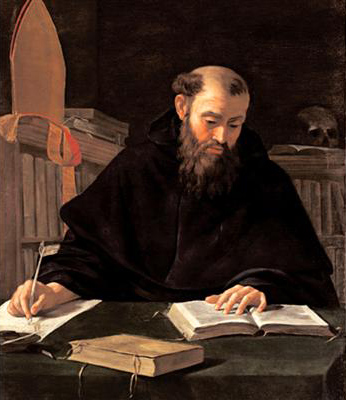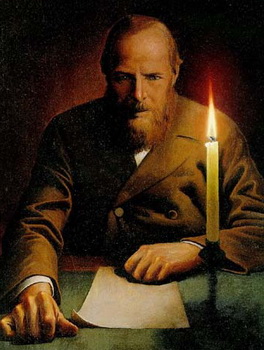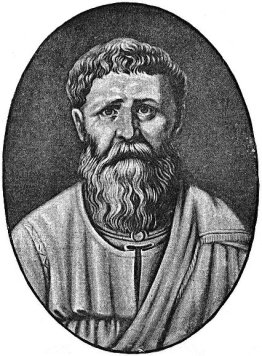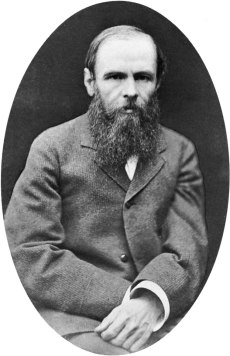The Depravity of Human Nature

St. Augustine of Hippo
In his piece The Depravity of Human Nature, St. Augustine seeks to discover insight regarding the inner workings of the human soul in regards to evil. He opens his heart in inquiry to God, acknowledging God as the only source of goodness, truth, and safety. St Augustine defines evil according to the Biblical understanding as an act endeavoring to break God's holy law. It is an endeavor because no finite can truly break or violate, in the literal sense of the word, the law of God but rather we act on pretense and experience an “illusion of liberty”, thinking we have broken the infallible law of God (135). This is one reason why man commits evil.
St. Augustine attempts to identify and isolate the wrong itself, the sin, away from the exemplified action. He arrives at the conclusion that mankind craves and enjoys evil for evil’s sake, and that evil is inherent to man and man pursues and performs evil not primarily for the tangible benefit gained, but for the dark pleasure of experiencing evil alone.
He observes how every wrong tendency is the exact opposite of some pure characteristic of God and the manifestation of that evil tendency is the feeble attempt to become like God in one small way. For example: ambition is the opposite of God’s merited glory, cruelty is the attempt to make one fear another but really God is the only real One to be feared, lust is the faint attempt to express love but God alone is all possessing of true charity; he goes on with similar examples regarding inquisitiveness, ignorance, sloth, extravagance, covetousness, and fear.
The Grand Inquisitor

Fyodor Dostoyevsky
The Grand Inquisitor is a work on religion and its role in forming and affecting worldview. It philosophically addresses how individuals perceive right from wrong, the existence of God, and the benevolence of God. It also explores the realm of faith and doubt. Ivan, the main orator is a rational, logical kind of skeptic. He asserts that free will is really a burden and that mankind had no choice in the reality of giving or receiving.
The Grand Inquisitor himself, though a cardinal, is an evil being, speaking the thoughts and arguments of the Lucifer.The Grand Inquisitor frames Christ’s decisions in the wilderness of temptation as actually being evil because Christ chose freedom of choice over satisfying base passions, refusing to make a supernatural manifestation, and the refusal to accept and exercise the power that Satan offered him. Because of Christ's decisions the Grand Inquisitor contends that people are more evil and desire to satisfy their base passions to a greater extent. He also asserts that because Christ refused to accept the offer of power, the ecclesiastical church was justified in taking the role of ruling over the people in a authoritarian manner.
The Grand Inquisitor asserts that Christ chose freedom of choice to make men happy, but “Man is constituted as a mutineer; can mutineers ever be happy” (370)? He asserts that man is so sinful that the best option is for them to be subject to a higher earthly authority, allowing them to satisfy their base desires and inclinations, even if it means their ultimate damnation. He asserts that man is evil in a natural, almost inherent way. He describes the human nature as: deprave, lacking knowledge, ignorant, foolish followers, gullible converts, disloyal subjects of their own base inclinations. Finally he assumes that man will be evil and that man can only be somewhat good as the consequent of some other evil.


References
The Western World Philosophy. Penguin Custom Editions. Print.








No comments:
Post a Comment